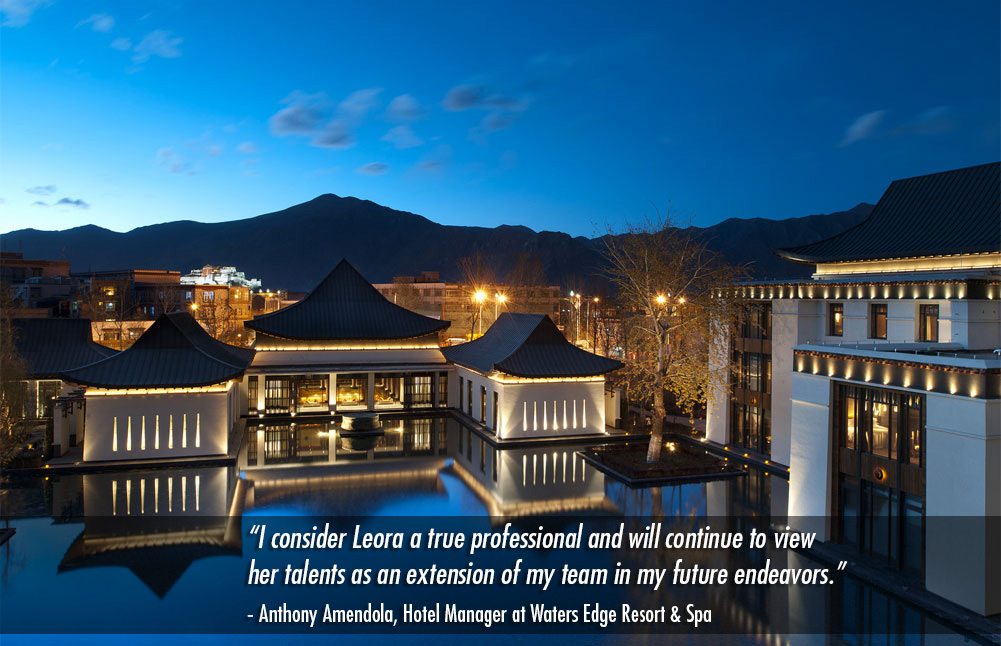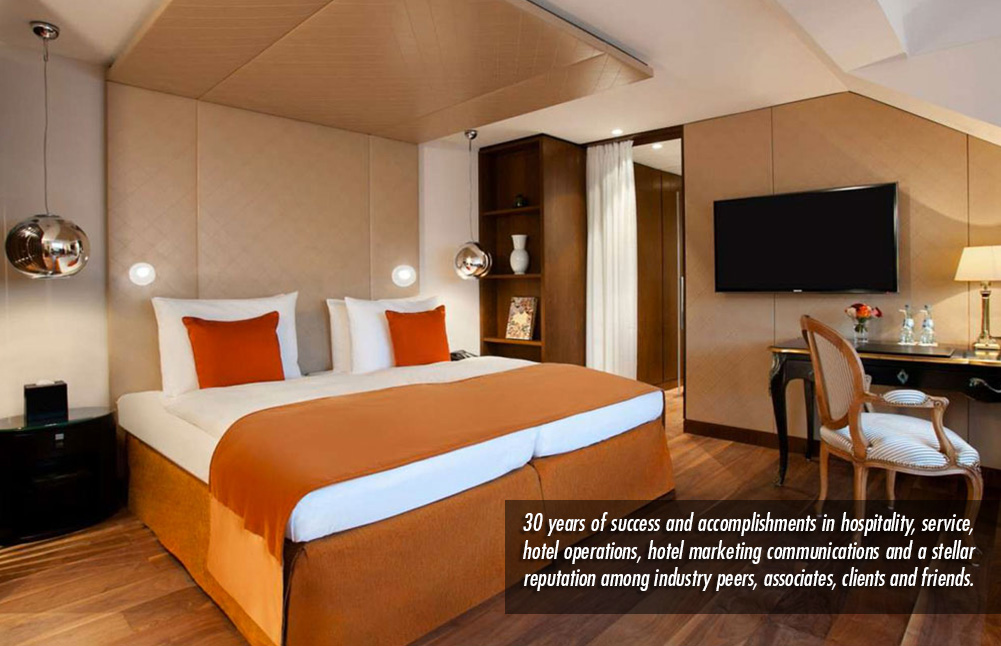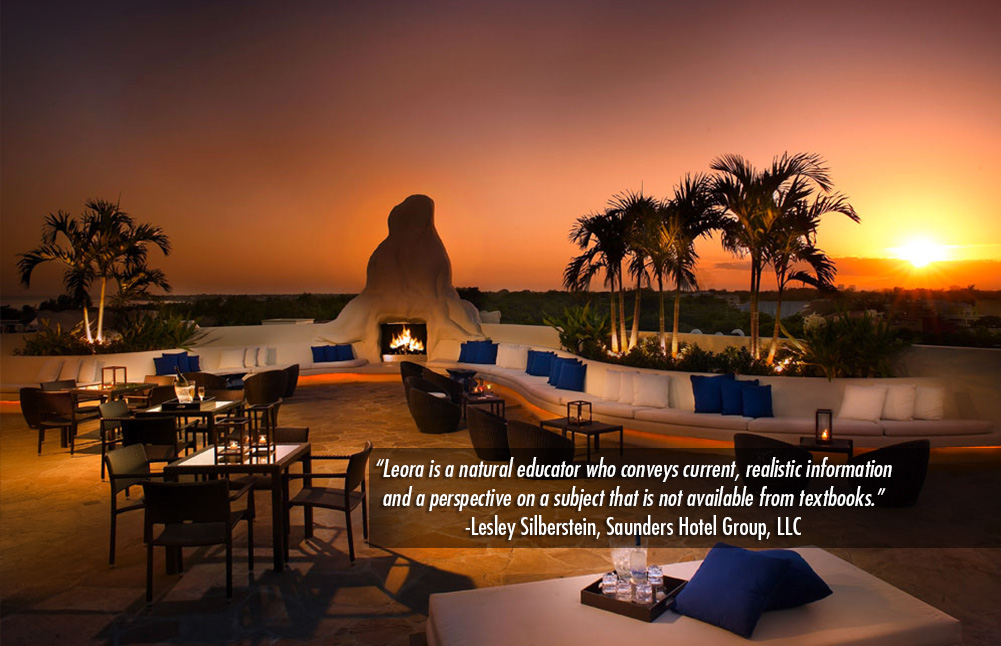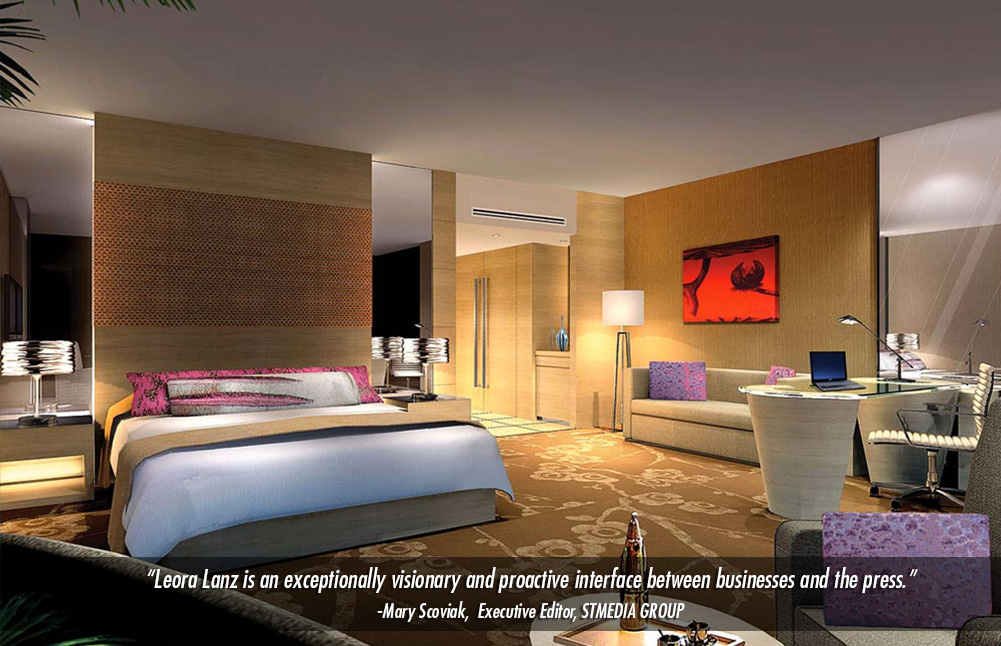FAQ's
What is a marketing communications assessment and why do I need one?
An assessment is a thorough and introspective look at the marketing and public relations efforts for your hotel or hospitality company, internally and externally. LHL will gather information to take a “forest through the trees” approach and provide insight to enhance best practices and improve internal and / or external communications productivity. This type of assignment is generally a 6 -8 week engagement, depending upon the size of the organization and the requirements. The results are beneficial in providing objective recommendations to improve internal communications methods and teamwork as well as client satisfaction via strong communications and marketing techniques. How will the sales training LHL offers benefit my team of hotel sales managers? LHL provides three different half-day themed sales training programs. a. “The Brand of You” enables sales manager to be comfortable and share personal and professional interests, passions and successes in order to connect with prospective clients. This develops the sense of integrity and trust which encourages the client to want to do business with you. And bring the business back because the professional relationship turns into a trusted friendship. The philosophy of “you are the convergence of your personal and professional brands” is studied, through dynamic discussion and lively activities to allow one to realize that each individual represents their own brand as well as the value promises of their hotel and hotel company. b. “Solutions Sales Training” triggers sales managers to dig a little deeper to truly identify what it is the client is looking for and who makes the ultimate purchasing decision. Selling skills assessments are shared with the team prior to the training, so that managers can recognize their abilities with regard to probing, listening, presenting, handling objections, negotiating, building relationships, creative thinking and attitude and motivation. c. “Social Media Insights” also shares the message of the convergence of your personal and professional brands, reiterating that each individual sales manager has his or her own passions, interests and hobbies and concerns yet still represents the employer and employer’s company. Discussions cover what subject matter is appropriate to share, whether one’s personal social sites are private or public and the ramifications of sharing potentially confidential information or subjective viewpoints. A separate exercise can also be included on the beneficial use of LinkedIn as a prospecting tool. What skills does LHL provide to ensure proper public and press relations for my organization? A diplomatic and polite, yet informative and strong demeanor, coupled with writing skills and the ability to retain industry and press relationships over time only enhance the ability of a marketing communications practitioner to get the job done. The various forms of writing, and awareness of the targeted audiences are critical. Writing a press release differs from writing website copy, differs from writing e-mailers or invitations. Feature writing differs even further. It is important that the marketing communications professional understand audiences, can tailor key messages, and integrate the techniques into a larger web of marketing activities. Who needs media training and how is that conducted? Executives at any level – those who make presentations, who respond to media and concerned stakeholders – need the finesse of sharing information, in an appropriate way, to each respective audience. Knowing your key messages as well as being prepared for unusual or out –of –the-ordinary questions are critical. Time is spent to hone in on the messages, to articulate them succinctly and say them in a variety
of ways so as to be fluent and comfortable . Examples to support your messages are determined and crafted, and the spokesperson/trainee is then videotaped to view the presentation and improve on unforeseen items. On the other hand, all employees need social media skills training – not just for the technical aspect of how to “log on” and compose posts or tweets, but for the content aspect of delivering quality and proper content that best suits the individual and the brand for which he/she works. What does “digital solutions” mean? Search engine marketing is comprised of paid search and organic search. Sponsor listings helps a site’s SEO (Search Engine Optimization) and great content also delivers better optimization. Links to related sites adds to the mix as well for a more fully optimized site. Your hotel campaign is set up including research for key words, the competitors, and advertisements. The campaign is managed and monitored for the duration of the campaign execution. A minimum three-month effort is recommended for paid search,
knowing that it can take 30-45 days to begin to see results. Fees are determined by the numer of key words you wish to optimize. Organic searches are recommended for a minimum six to eight months. This involves continuous improvement of site usability, content, popularity, links and more. ROI is monitored month to month. How can I manage my hotel’s or ownership company’s online reputation? Not only are software tools integrated to monitor key words, but the technical team will work directly with your communications or public relations department to ensure that responses are part of the social media conversation. The last thing an organization wants is for clients to speak poorly of them, virally, and not be a part of the conversation at all. What is a Content Marketing Strategy? And what is the difference between earned content, owned content and paid content? It’s important in today’s world of marketing communications and building trust that your business has a content marketing strategy. Public Relations professionals can assist clients with writing articles, posts to social media, uploading to blogs, e-newsletters, writing white papers and more. Remember, today, you’re not only trying to cut through the clutter of your direct competitors, you’re trying to cut through everyone’s clutter. You’re competing with everyone for compelling content. The content doesn’t have to always directly promote your product or service, but it does have to build trust. Earned is what your customers are saying about you – the online word of mouth. Paid is exactly that – the pre-budgeted placements of content to get your name through the chaos of the Cyber World. Owned content includes your blogs, white papers, videos, tip sheets, and webinars that you create. And don’t underestimate the value answering online questions, emails, and sharing curated content (content that you find from others and you feel it is important to share). The goal is to amplify your content to drive traffic to your site.









